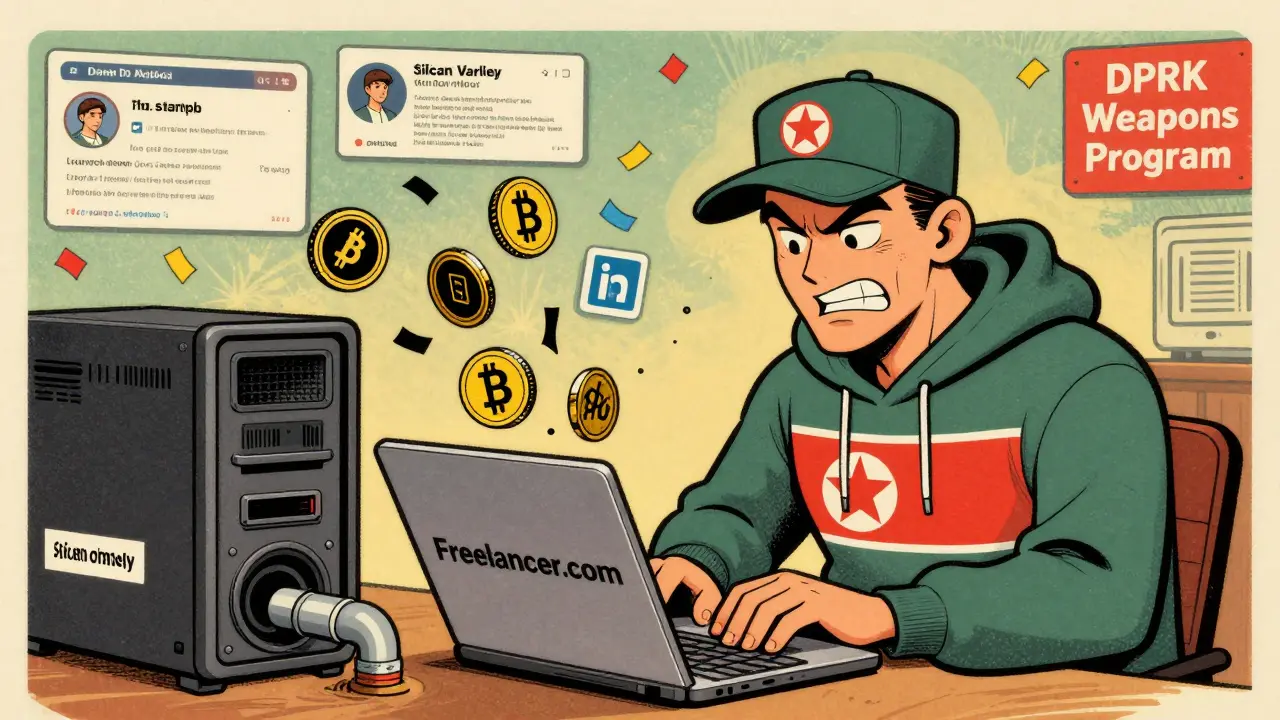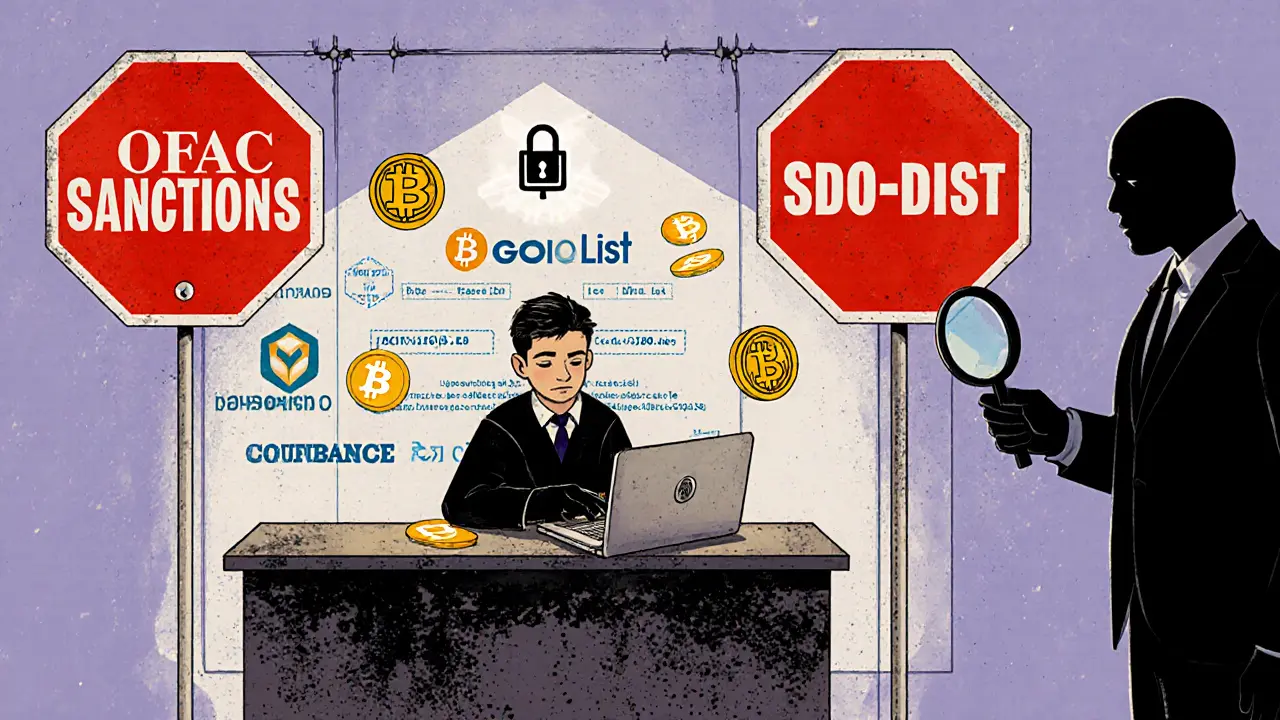OFAC Sanctions and Crypto: What You Need to Know About Compliance and Risks
When you hear OFAC sanctions, U.S. government restrictions that block transactions with specific individuals, entities, or countries. Also known as financial blacklists, these rules apply to everyone—even if you’re just holding crypto in a wallet. It doesn’t matter if you’re in Nigeria, Russia, or Vietnam. If you interact with a wallet, exchange, or project on OFAC’s list, you’re breaking U.S. law. And yes, that includes airdrops, P2P trades, and even DeFi swaps.
AML compliance, the set of rules that force crypto businesses to verify users and track suspicious activity. Also known as Know Your Customer (KYC), it’s not optional anymore. Exchanges like Bitstamp and Kraken follow it because they have to. But smaller platforms? Many don’t. That’s why you see so many fake airdrops and dead tokens—projects that never checked if their users were sanctioned. The U.S. doesn’t care if you didn’t know. If your wallet sends funds to a blocked address, your assets can be frozen. No court appeal. No refund.
Look at what’s happening in the posts below. Projects like ART Campaign, WKIM Mjolnir, and WHX WhiteX vanished because they either ignored compliance or targeted users in banned regions. China’s crypto ban, Russia’s ruble-based trading, Bangladesh’s P2P underground—all these are directly tied to OFAC’s reach. Even if a country doesn’t enforce these rules, U.S. regulators can still shut down the platforms those users rely on. And when a platform dies, your tokens vanish with it.
You can’t outsmart OFAC. You can’t hide behind a VPN. You can’t claim ignorance. The only safe path is to know who you’re dealing with. If a project doesn’t mention compliance, avoid it. If an airdrop asks you to connect your wallet without KYC, it’s a trap. If you’re trading crypto in a country under sanctions, you’re already playing with fire.
The posts here don’t just list scams—they show how OFAC sanctions shape the entire crypto landscape. From MiCA licensing in the EU to Chinese holders with zero legal protection, every story connects back to one truth: regulation isn’t coming. It’s already here. And if you’re not paying attention, you’re not investing—you’re gambling with your assets.
OFAC Sanctions on North Korean Crypto Networks: How the U.S. Is Targeting $2.1 Billion in Stolen Crypto
by Johnathan DeCovic Feb 12 2026 12 CryptocurrencyOFAC has targeted North Korean crypto theft networks that stole over $2.1 billion in 2025, using fake remote IT workers to infiltrate U.S. crypto firms. This is not hacking - it's corporate espionage with direct ties to weapons programs.
READ MOREOFAC Sanctions and Iranian Crypto Access to Exchanges: How Restrictions Block Transactions
by Johnathan DeCovic Nov 11 2025 24 CryptocurrencyOFAC sanctions block Iranian access to major crypto exchanges by targeting specific wallet addresses and shadow networks. Exchanges face heavy fines for non-compliance, forcing users toward risky P2P and decentralized platforms.
READ MORE

